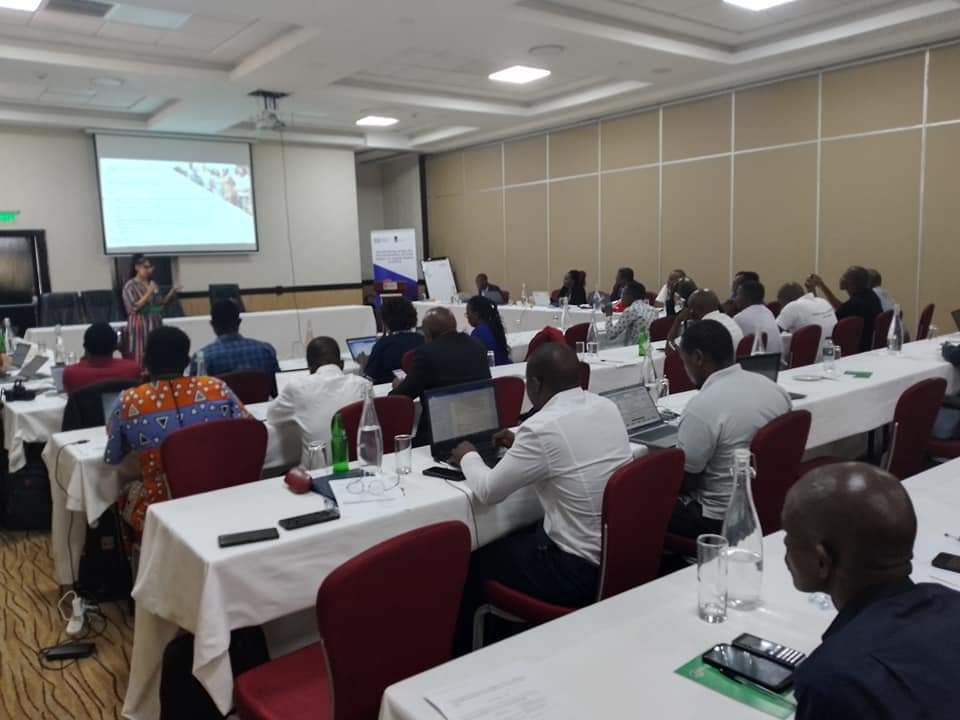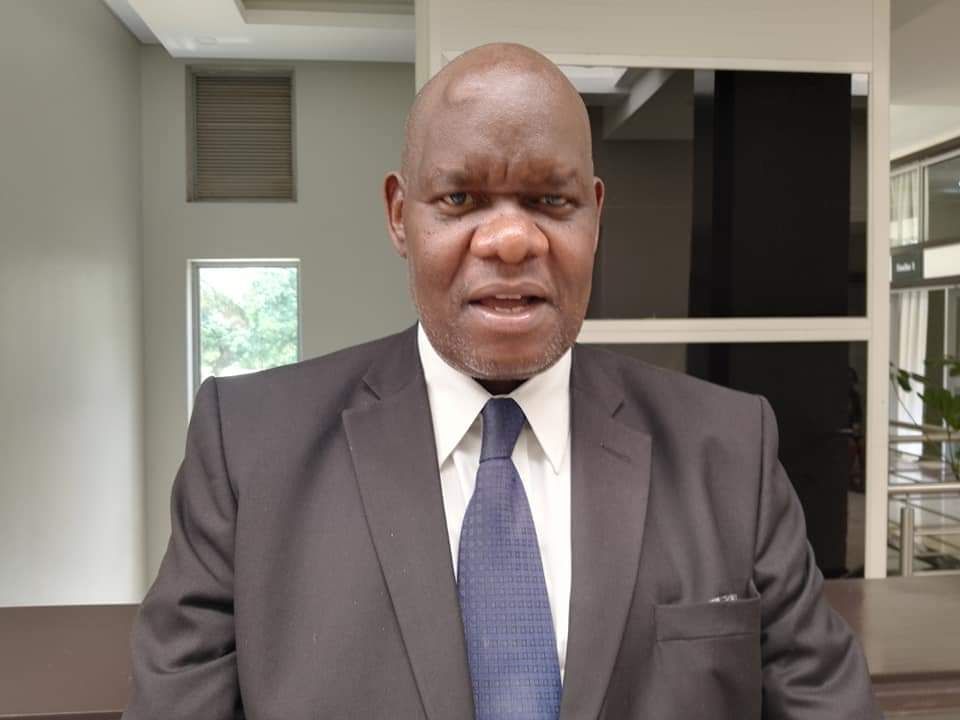By Tikondane Vega
Principal Secretary in the Ministry of Labour, Wezi Kayira, says Malawi is making significant progress in fighting and eliminating child labour, adding this is in line with Agenda 2063.
Kayira said this in Blantyre on Thursday during a knowledge sharing workshop for workers, employers and government representatives from Malawi, Uganda and Kenya.
The meeting follows a study visit dubbed “Tea-Triangular: Kenya, Malawi and Uganda knowledge sharing to combat child labour in the Tea Value Chain” which officials from the targeted countries jointly conducted.
Speaking during the opening of the meeting, Kayira said government continues to put strong systems, interventions, as well as coming up with different policies aimed at protecting child labour in all places, including tea and coffee value chains.

“International Labour Organisation (ILO) has been conducting Accelerating action for the elimination of child labour in supply chains in Africa (ACCEL AFRICA) project for the past three year in three countries as mentioned.
“So, since the first phase of the project has come to an end, officials from the targeted countries jointly visited Malawi and then proceeded to Uganda before visiting Kenya.
“The aim was to appreciate successes, challenges and today they are here sharing experiences and strategies on how best countries can combat child labour. I must thank ILO for their support which has really accelerated elimination of child labour interventions in the country,” he said.
On his part, ILO ACCEL Africa Project Chief Technical Advisor Minoru Ogasawala said he is satisfied with how Malawi has implemented the project, adding there are more successes that other countries can learn.
He pointed out community engagement and strong stakeholders, among others, but urged authorities to continue raising awareness and law enforcement.
“The ACCEL Africa Project is entering its second phase with a strong commitment to eradicate child labour in supply chains across Africa. It is continuing to target the root causes of child labour in specific countries and supply chains.
“Building on the success of the first phase, the second phase will expand its efforts across multiple countries and sectors, fostering an integrated approach to eliminate child labour at sub-national, national, and global levels,” he said.
Deputy Labour Commissioner from Kenya, Christine Oheno, has since described the study visit as an eye opener, saying her country will replicate some interventions learnt from Malawi in order to achieve the project goal.




